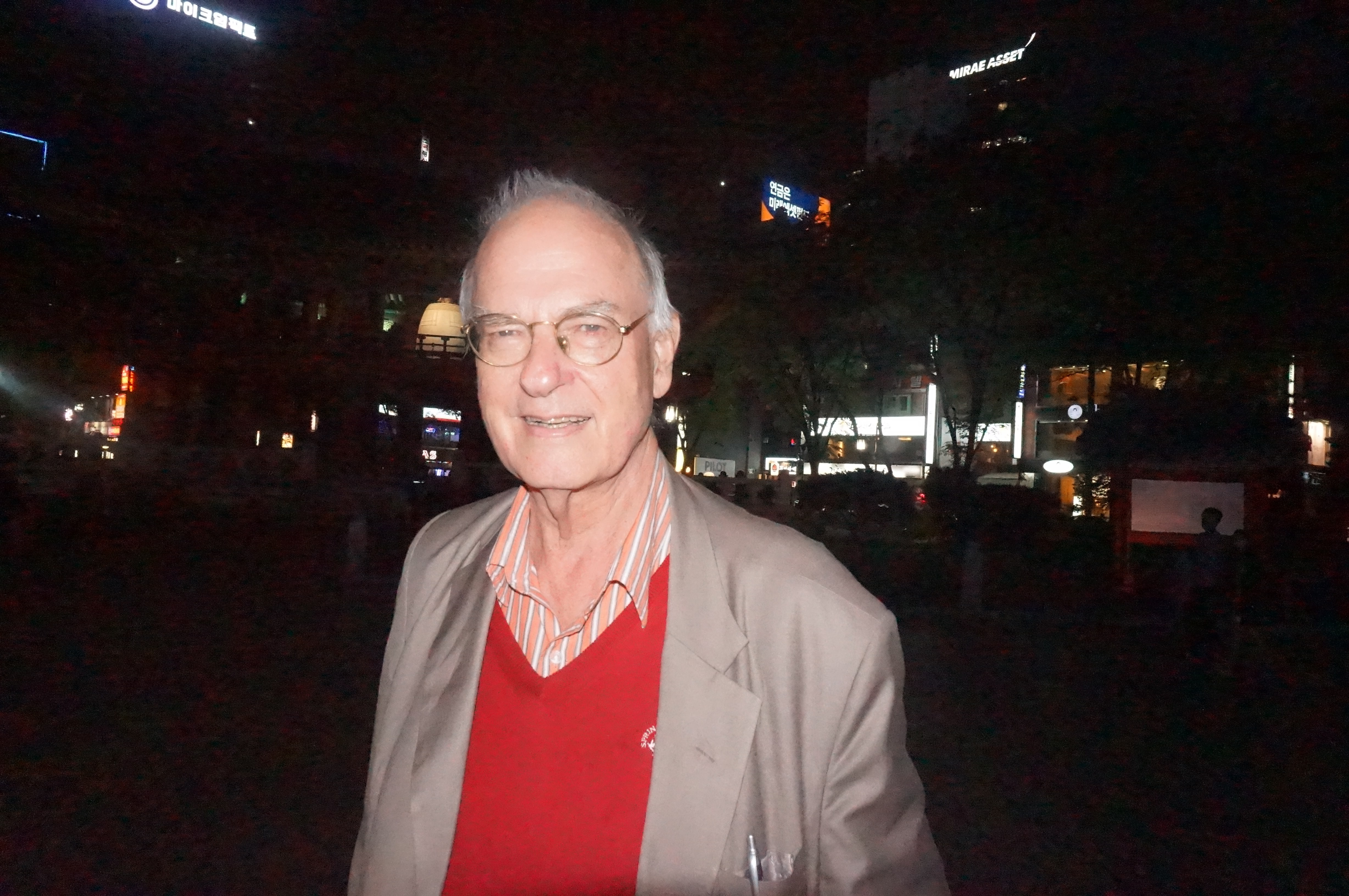Bio
I’ve been a journalist mainly in Asia for decades ever since going to Indonesia in late 1965 in a period of assassinations and civil strife, writing magazine and newspaper articles. From Indonesia I gravitated to Vietnam, where I covered the war for several years as a correspondent based in Hong Kong for the Washington Star and based in Tokyo for the Chicago Tribune. I also wrote articles during these years for The New York Times Magazine and others. After writing a couple of books about the war, I spent a year as Edward R. Murrow fellow at the Council on Foreign Relations, then free-lanced from Tokyo and Korea until joining USA Today as an editor and correspondent. Leaving USA Today after covering the Gulf war from Baghdad, I wrote books focusing on Korean economy, commerce and industry, wrote a book on the Philippines, then wrote for a number of years for the International Herald Tribune, Christian Science Monitor and others. I have written two more books while based in Korea, one on the late Korean president, Kim Dae-jung, the other on bases in Okinawa and Jeju, and continue to file for print and broadcast from Seoul, Washington and elsewhere. Prizes include an Overseas Press Club award for Asia reporting in 1971, a George Polk award for foreign reporting in 1975 and three OPC citations

